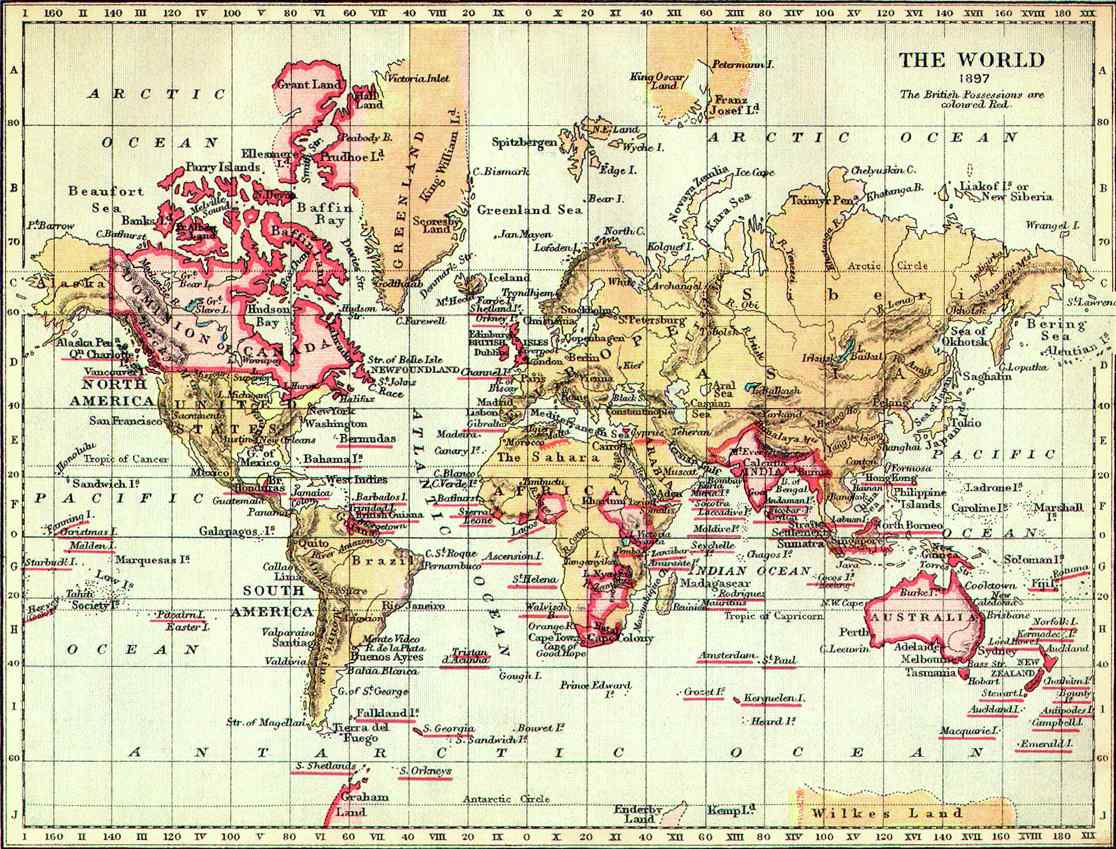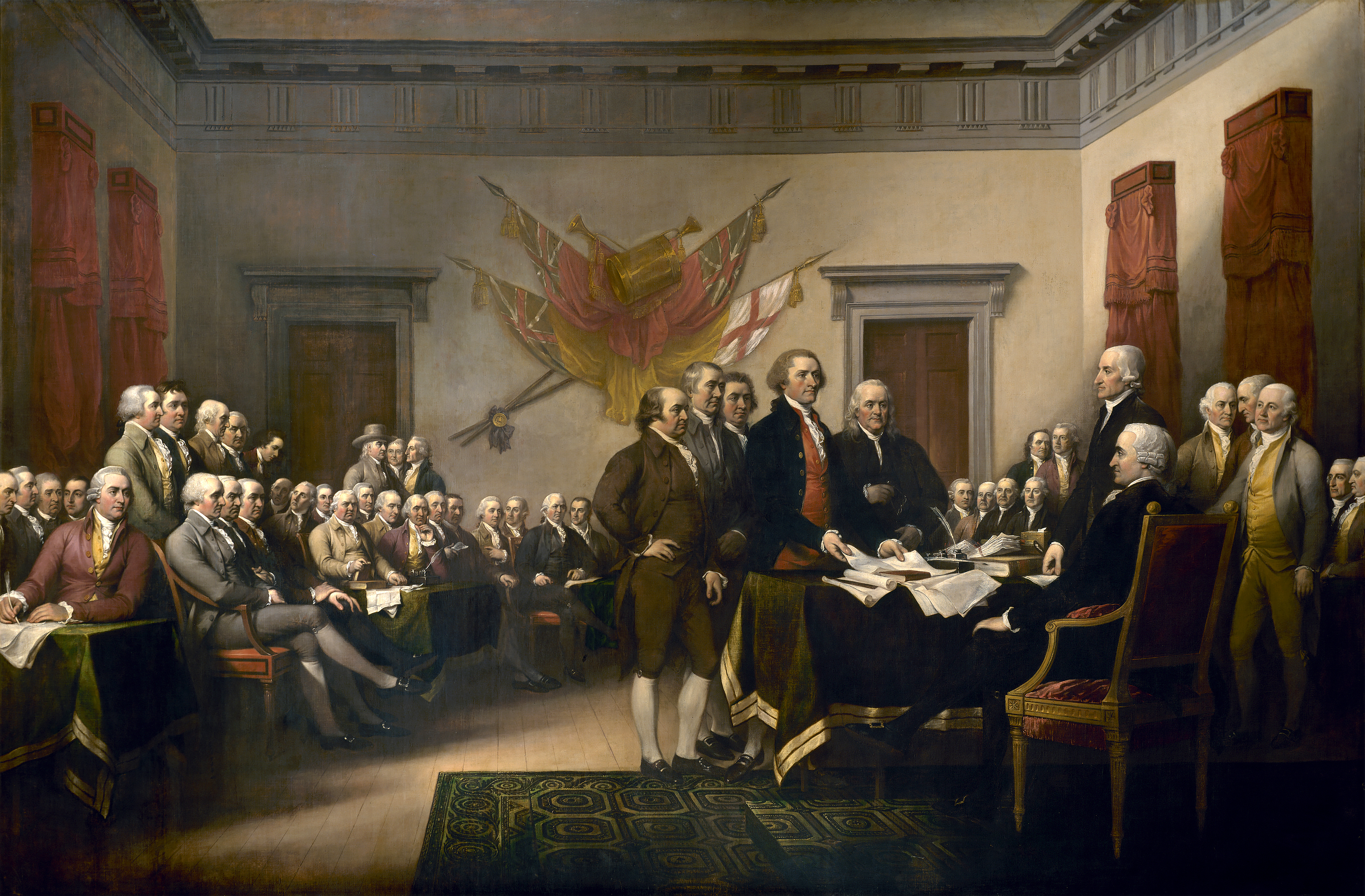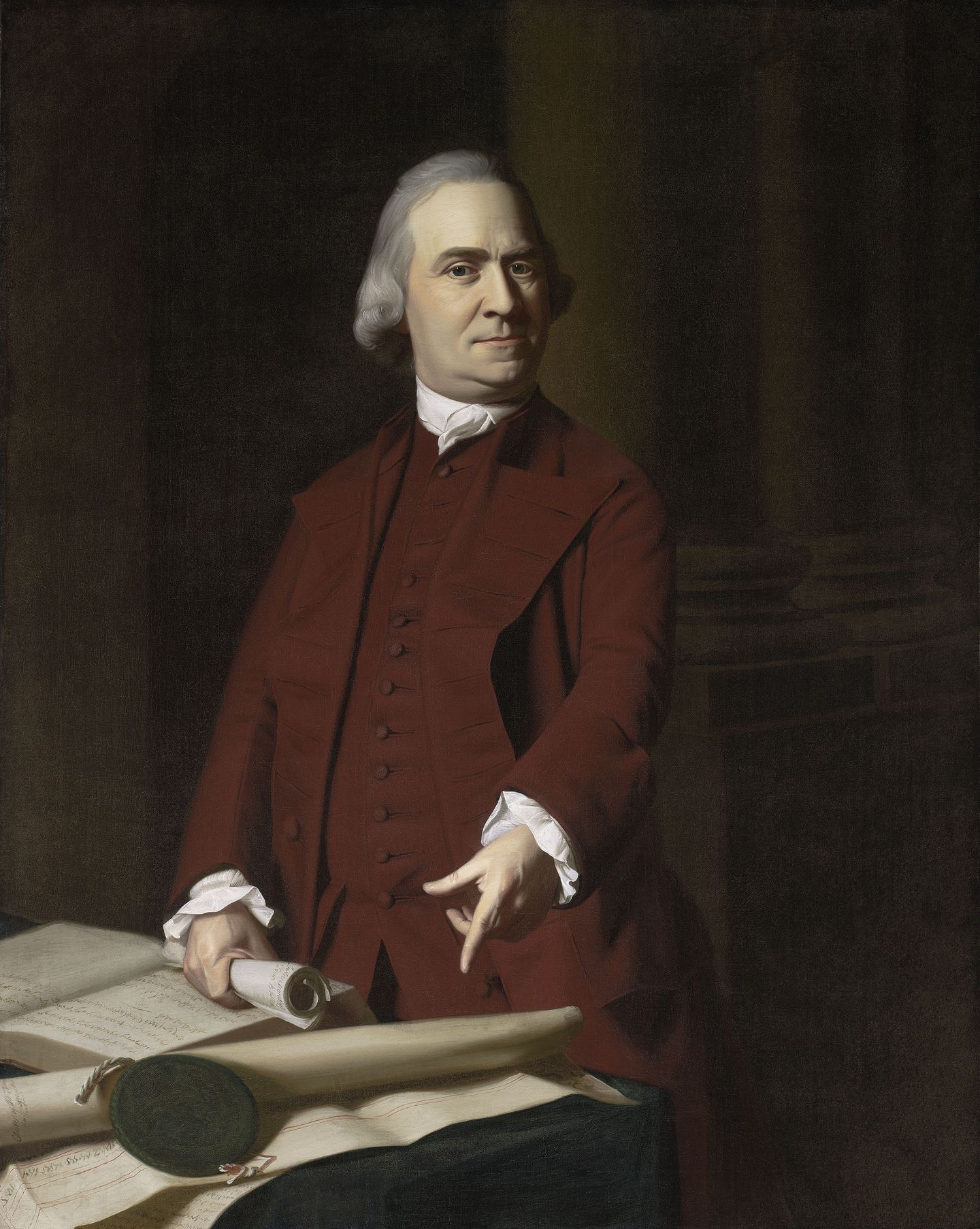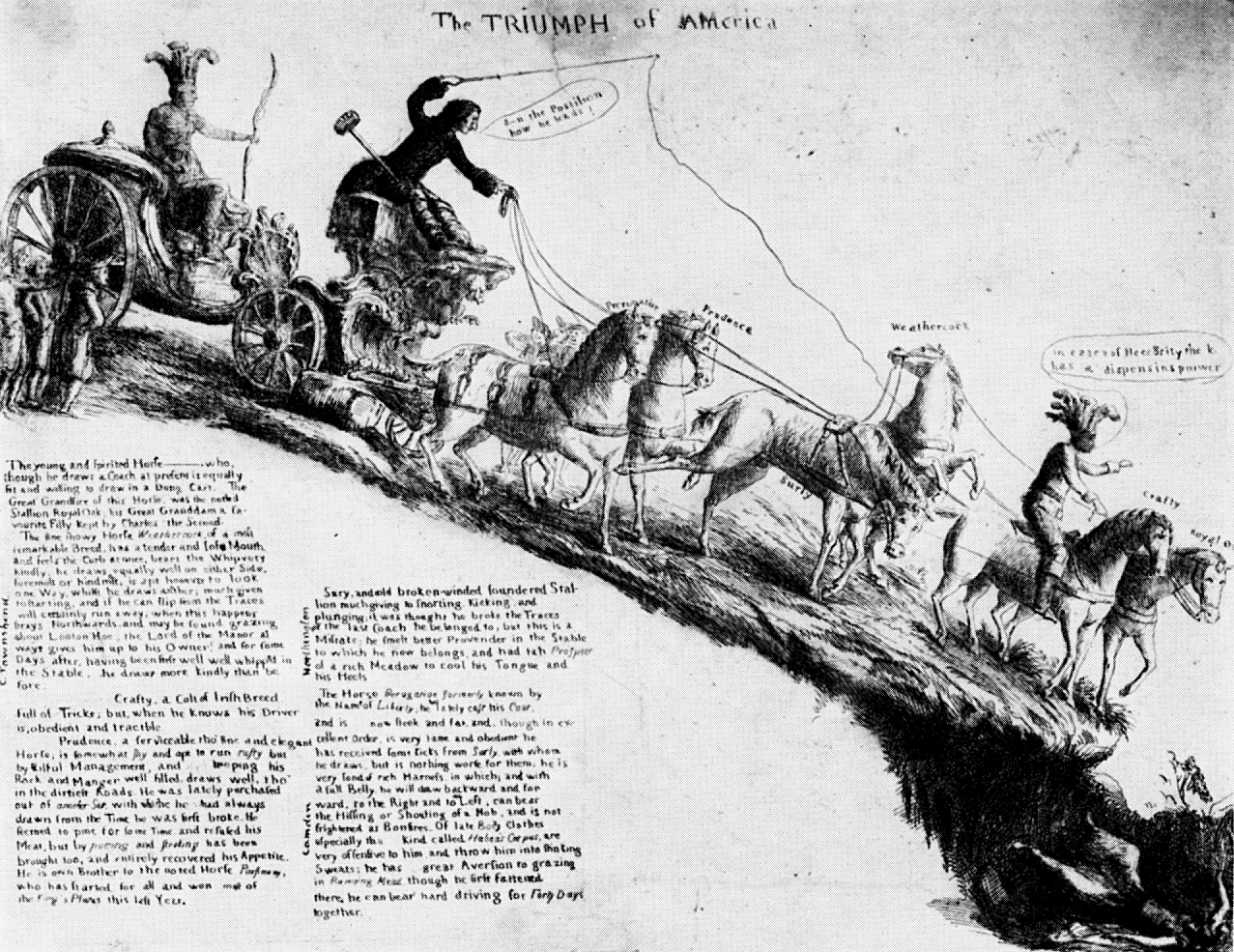Great Britain. Stamp Act (1765)
Enlarge text Shrink text- The Stamp Act, 1765, 1895:p. 1 (not included in the printed editions of acts of Parliament) p. 2 (5 Geo. III, cap. XII)
- LC manual cat.(title: An Act to Repeal an Act Made in the Last Session of the Parliament, Intituled An Act for Granting and Applying Certain Stamp Duties and Other Duties in the British Colonies and Plantations in America, Towards Further Defraying the Expenses of Defending, Protecting, and Securing the Same ...)
- Weslager, C.A. The Stamp Act Congress, c1976:p. 34 (The Stamp Act was given royal assent on Mar. 22, 1765; became effective Nov. 1, 1765) p. 246 (officially repealed Mar. 18, 1766)
The Stamp Act 1765, also known as the Duties in American Colonies Act 1765 (5 Geo. 3. c. 12), was an act of the Parliament of Great Britain which imposed a direct tax on the British colonies in America and required that many printed materials in the colonies be produced on stamped paper from London which included an embossed revenue stamp. Printed materials included legal documents, magazines, playing cards, newspapers, and many other types of paper used throughout the colonies, and it had to be paid in British currency, not in colonial paper money. The purpose of the tax was to pay for British military troops stationed in the American colonies after the French and Indian War, but the colonists had never feared a French invasion to begin with, and they contended that they had already paid their share of the war expenses. Colonists suggested that it was actually a matter of British patronage to surplus British officers and career soldiers who should be paid by London. The Stamp Act 1765 was very unpopular among colonists. A majority considered it a violation of their rights as Englishmen to be taxed without their consent—consent that only the colonial legislatures could grant. Their slogan was "No taxation without representation". Colonial assemblies sent petitions and protests, and the Stamp Act Congress held in New York City was the first significant joint colonial response to any British measure when it petitioned Parliament and the King. One member of the British Parliament argued that the American colonists were no different from the 90-percent of Great Britain who did not own property and thus could not vote, but who were nevertheless "virtually" represented by land-owning electors and representatives who had common interests with them. Daniel Dulany, a Maryland attorney and politician, disputed this assertion in a widely read pamphlet, arguing that the relations between the Americans and the English electors were "a knot too infirm to be relied on" for proper representation, "virtual" or otherwise. Local protest groups established Committees of Correspondence which created a loose coalition from New England to Maryland. Protests and demonstrations increased, often initiated by the Sons of Liberty and occasionally involving hanging of effigies. Very soon, all stamp tax distributors were intimidated into resigning their commissions, and the tax was never effectively collected. Opposition to the Stamp Act 1765 was not limited to the colonies. British merchants and manufacturers pressured Parliament because their exports to the colonies were threatened by boycotts. The act was repealed on 18 March 1766 as a matter of expedience, but Parliament affirmed its power to legislate for the colonies "in all cases whatsoever" by also passing the Declaratory Act 1766. A series of new taxes and regulations then ensued—likewise opposed by the Americans. The episode played a major role in defining the 27 colonial grievances that were clearly stated within the text of the Indictment of George III section of the United States Declaration of Independence, enabling the organized colonial resistance which led to the American Revolution in 1775.
Read more on Wikipedia >
 Title
Title
















